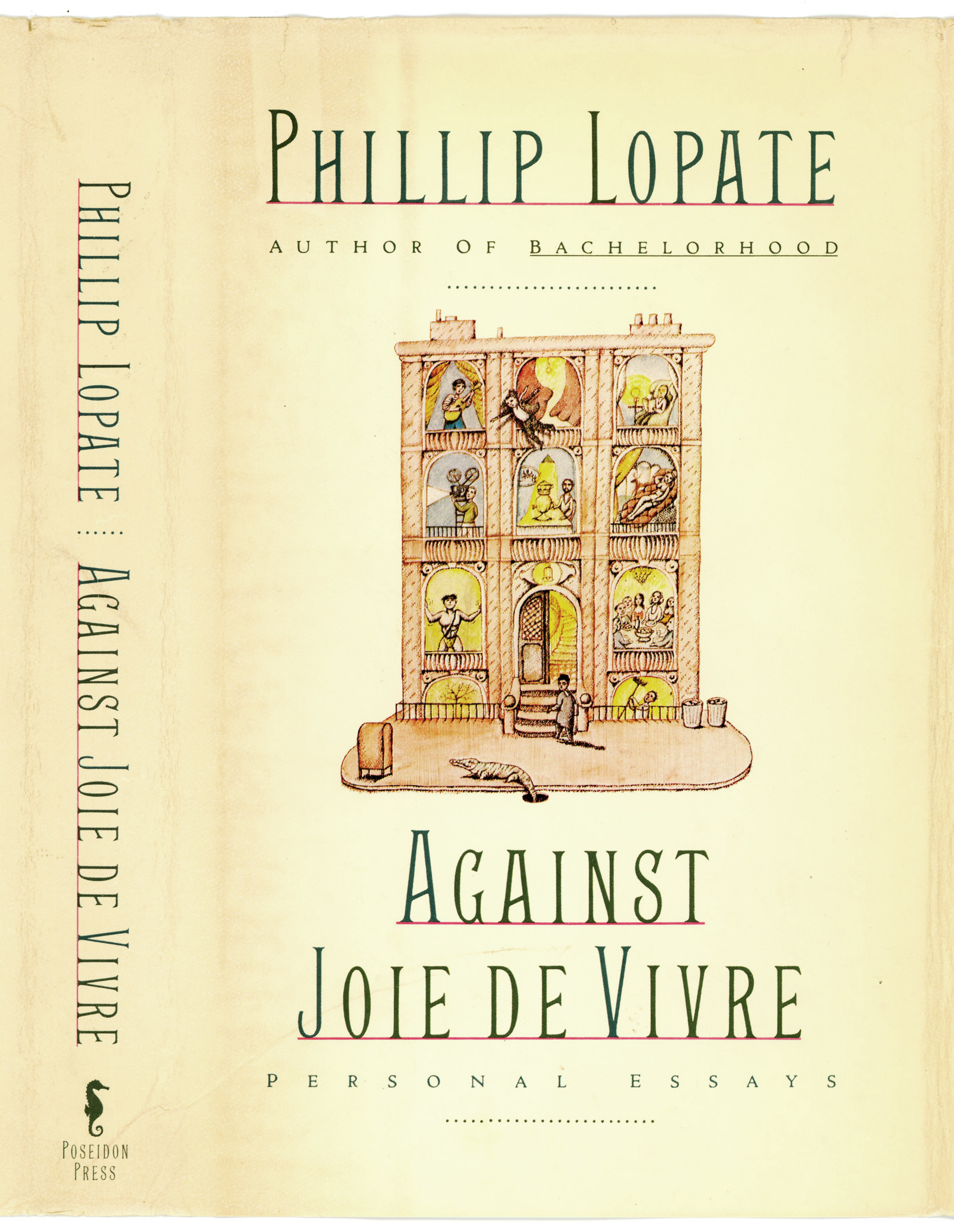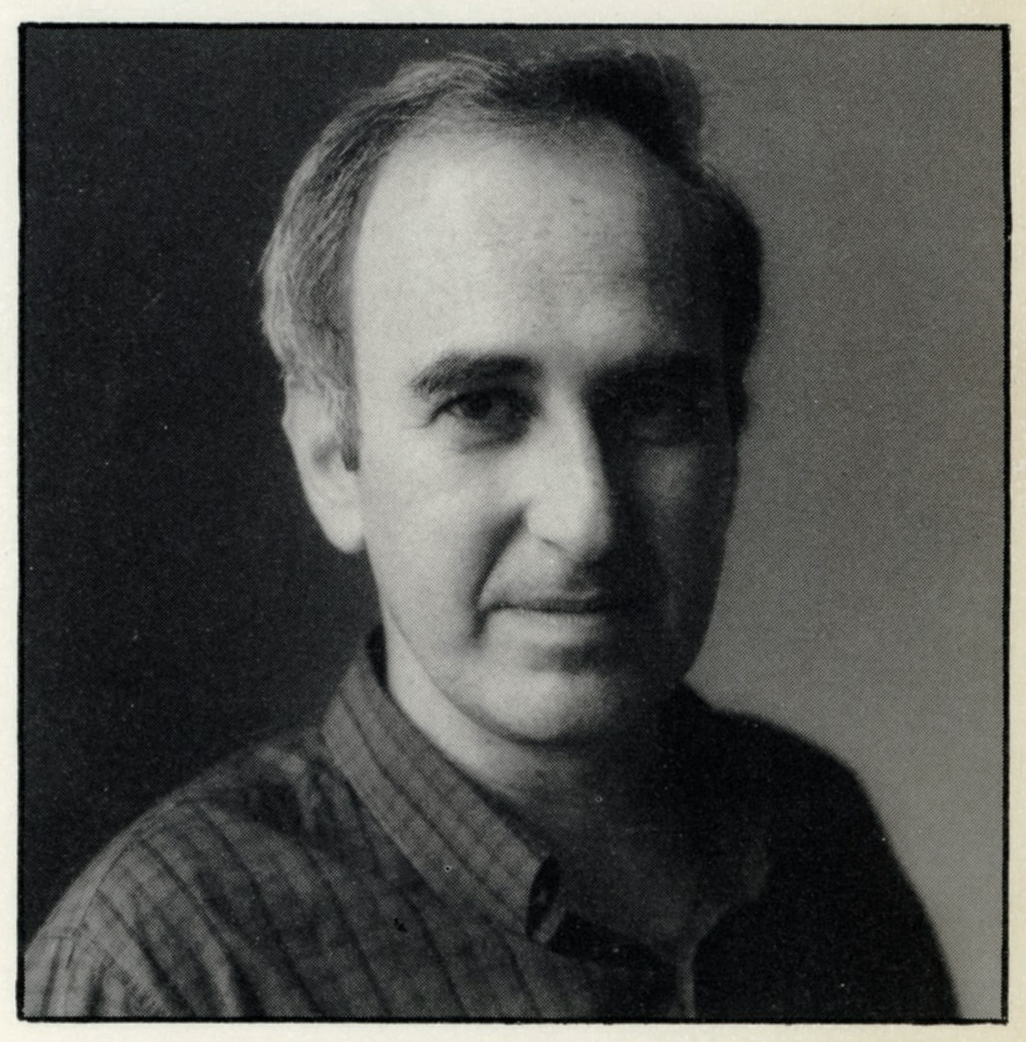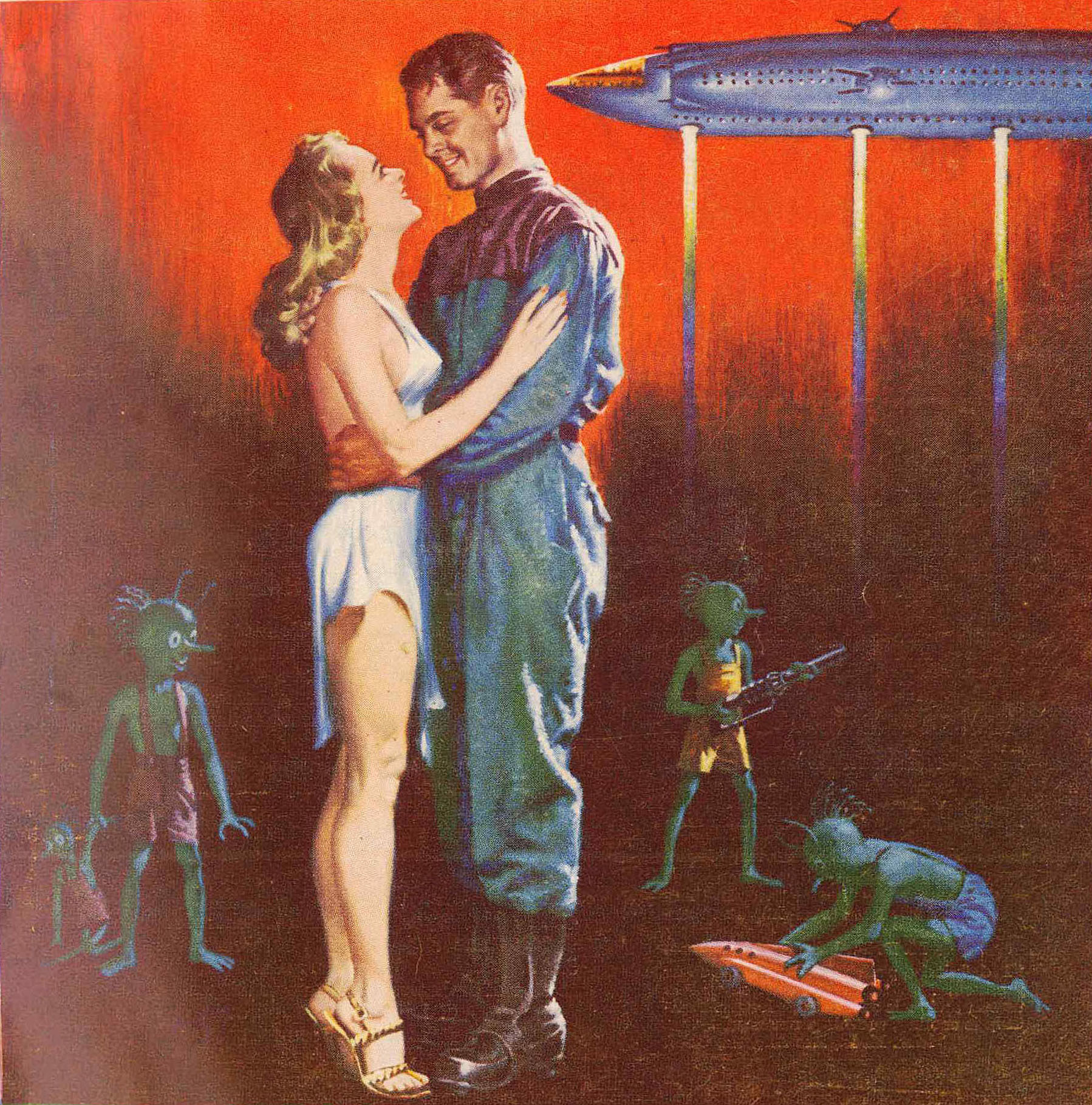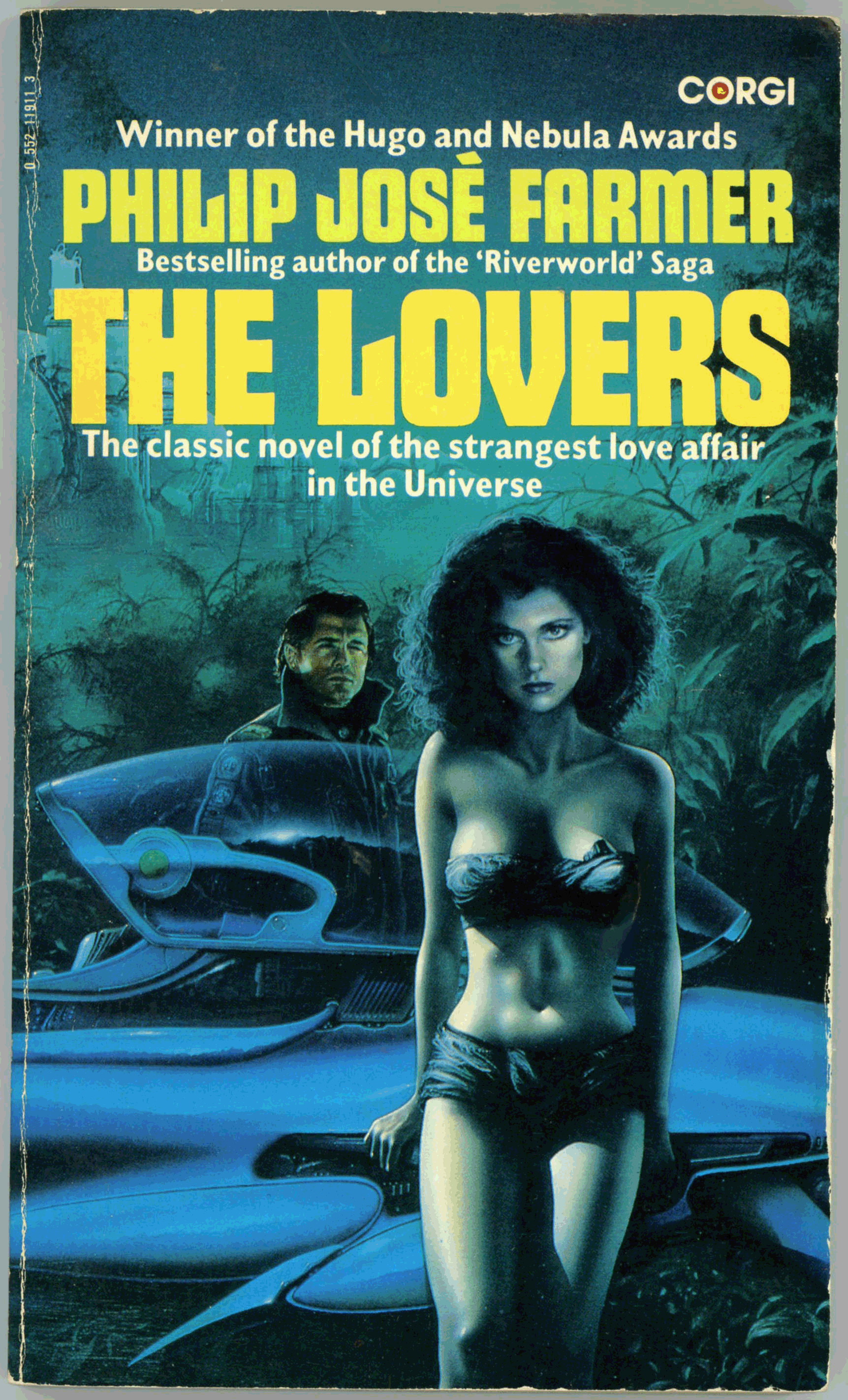New York Son’s title blurb – “This book will make you laugh with all your heart!” is only partially true. Though at times ( – well okay, yes – ) humorous, Mike Feder’s collection of eleven stories reveals genuine, deeply felt and penetrating insight into the fundamental “stuff” of life – family relationships and human nature, in a way that makes the reader step back, pause, and contemplate his own life.
While my own favorites are “Sanford Brodsky”, “Marilyn”, and “Hollywood and Bust”, passages from two other stories – “The Fishing Trip” and “Paralegal” – are given below.
You can read and listen to more of Mr. Feder’s work at Mike Feder and the Feder Files.
Here’s Herbie (Esquire, March, 1988)
Mother
__________
The Fishing Trip
“Whenever I visited him [my father] in the locations of his grandeur,
I was never disappointed.
If you’ve lived any,
you know that such a continuing idealization of somebody can be extremely dangerous.
But here I was twenty-three years old and not once did he ever appear to have any faults.”
__________
Sanford Brodsky
The Hospital
The Psychic
Antigua
__________
Paralegal
You see, all these men, even the young ones, are my father to me.
Most of them are big guys, ex-athletes, ex-military guys –
John Ramrod III, attorney at law.
Sometimes, passing me in the hall, they say, “I hear you’re an artist.”
“Yeah.”
“What do you do?”
“I tell stories.”
“Oh.”
They don’t burst out laughing, or stare, or scowl with contempt or anything.
A lawyer is trained to look you in the face and seem confident and happy to see you –
thinking the whole time of course that you’re a hopeless asshole.
“Hmm, that’s interesting.”
He’s thinking to himself, what kind of job is that for a thirty-eight-year-old man?”
“What do you tell stories about?”
“Autobiographical stories.
In fact I’m probably gonna tell a story about all of you on the radio next week.”
“Oh.”
__________
The Affair
Marilyn
Hollywood and Bust
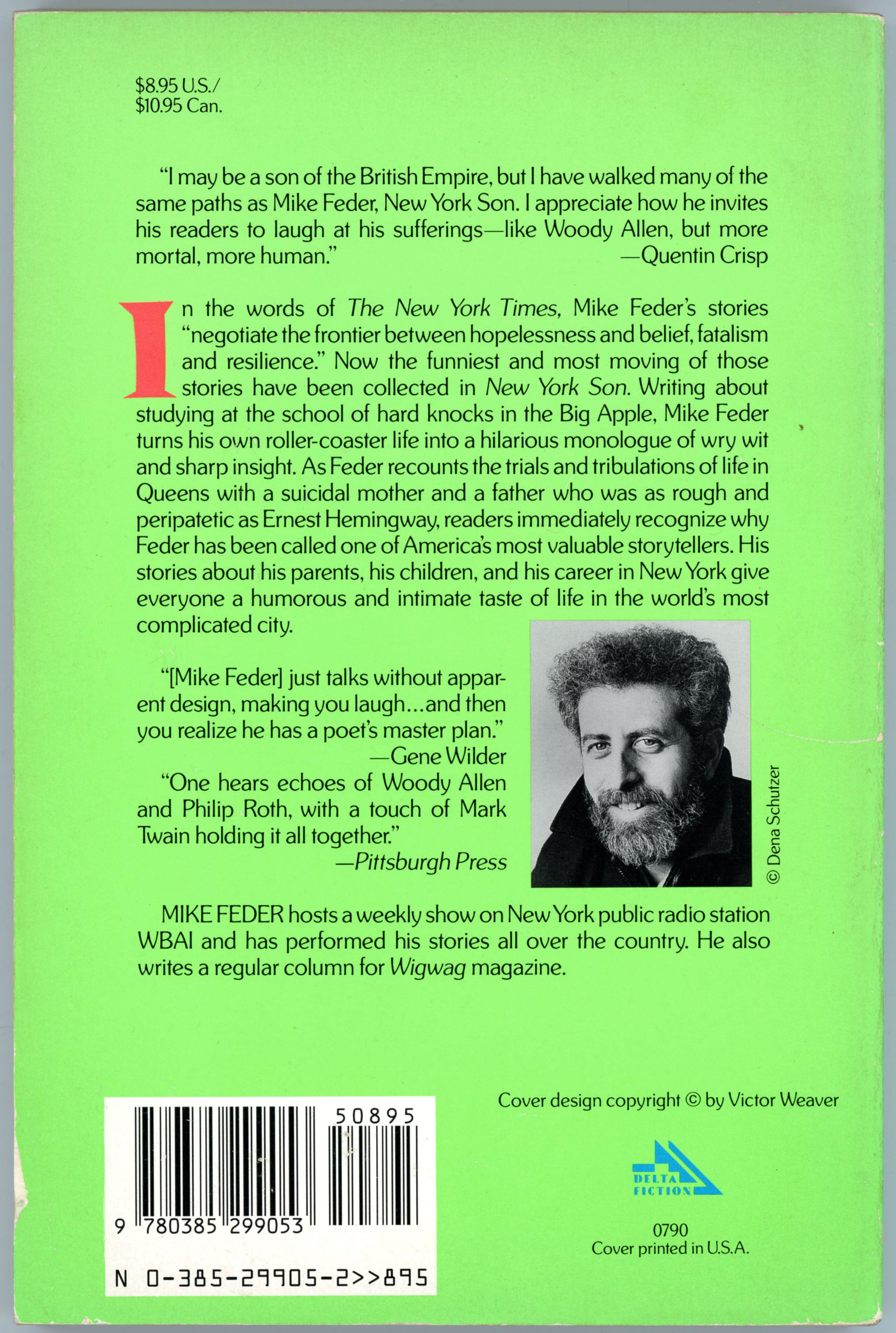 ______________________________
______________________________
Mike Feder (photo by Dena Schutzer)



